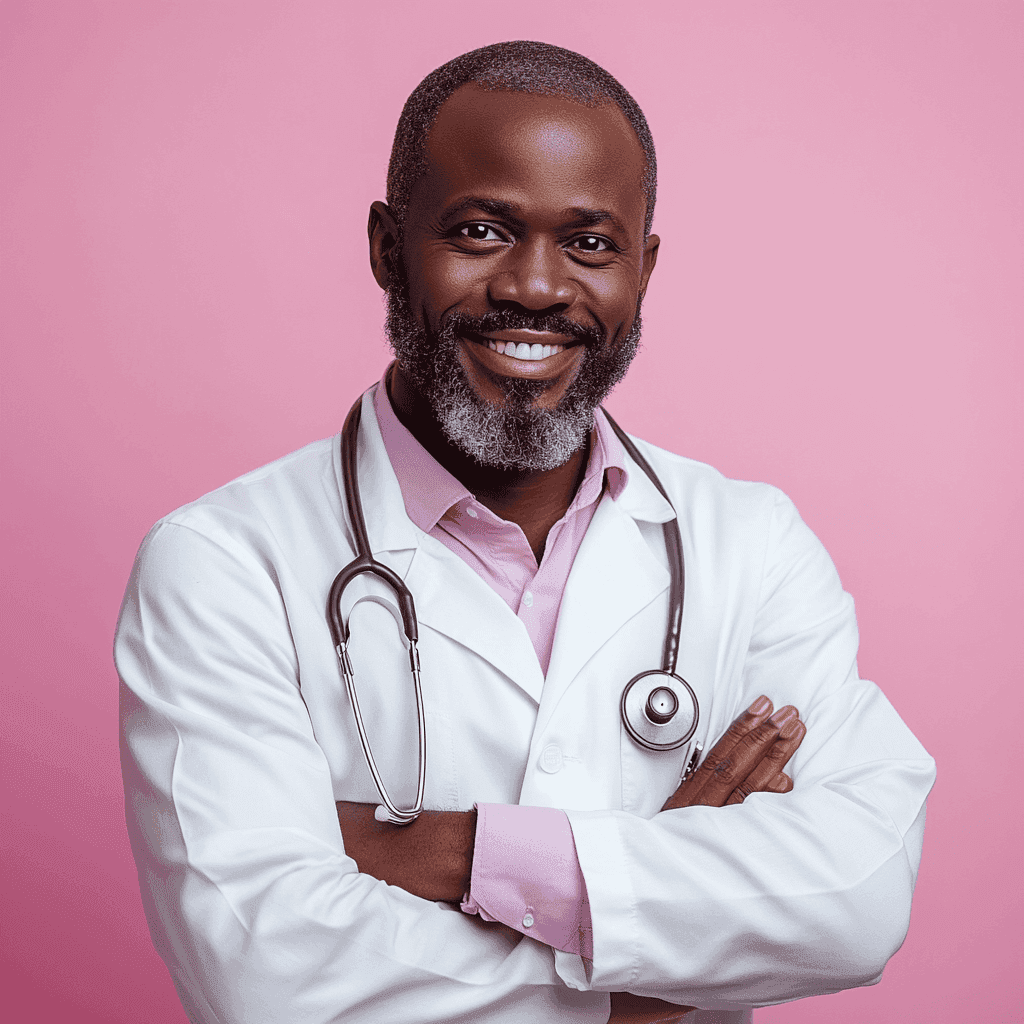Do Antibiotics for Other Illnesses Mask STD Symptoms? Hidden Risks You Need to Know
Apr 17, 2025
Yes - taking antibiotics for other infections can sometimes temporarily suppress the symptoms of certain STDs, which may delay proper diagnosis and treatment. This hidden effect can give you a false sense of security, while the infection silently continues to spread or cause complications.
1. How Antibiotics Interact with STDs
Antibiotics are designed to kill or inhibit bacteria - and many STDs (like chlamydia, gonorrhea, and syphilis) are bacterial. So if you’re prescribed antibiotics for, say, a sinus infection or urinary tract infection (UTI), they might incidentally weaken an undiagnosed STD.
But here’s the risk:
Symptoms may fade briefly
The infection may not be fully eliminated
You might skip testing, thinking you’re fine
This leads to delayed STD diagnosis due to antibiotics and a missed opportunity for proper treatment.
2. Which STDs Can Be Temporarily Affected by General Antibiotics?
🦠 Chlamydia
May partially respond to amoxicillin or doxycycline prescribed for other infections
But without the correct dosage or duration, the bacteria can survive
You might feel better temporarily - but remain contagious
🦠 Gonorrhea
Resistant to many common antibiotics used for unrelated infections
May slightly reduce symptoms like discharge, but not cure the infection
Partial suppression can lead to silent spread and complications
🦠 Syphilis
Requires penicillin in specific doses to cure
Mild antibiotics (e.g., azithromycin in small doses) may reduce lesions but not clear the disease
Delayed treatment may allow the disease to enter secondary or tertiary stages
📚 CDC warns that inappropriate antibiotic use can complicate STD detection and foster resistant strains.
👉 CDC – STD Treatment Guidelines
3. Viral STDs and Antibiotics: No Effect at All
If you have viral infections like herpes (HSV), HPV, or HIV, antibiotics will not help or hide symptoms.
However, you might still misattribute viral STD symptoms (e.g., sores or fatigue) to a cold or skin issue if you’re also taking meds for something else - causing delays in proper diagnosis.
4. Risks of Masked Symptoms and Misdiagnosis
Taking antibiotics that partially mask symptoms without actually treating the infection can result in:
Continued transmission to partners
Worsening of the infection, including pelvic inflammatory disease (PID)
Infertility or chronic pain
Missed treatment windows for fast-acting therapy
⚠️ A 2022 study found that 17% of patients with undiagnosed STDs had recently taken antibiotics for unrelated infections - and mistakenly believed they were “cleared.”
5. When Should You Get Tested Anyway?
Always get tested if you:
Have had new or multiple sexual partners
Notice any unusual symptoms - even if they improved after antibiotics
Have a partner who tested positive
Are unsure whether past medication actually covered potential exposure
🟦 Our trusted partner STDCheck offers 10-panel STD testing with fast, confidential results. Even if symptoms are mild or gone - testing confirms the truth.
Conclusion
Yes, antibiotics prescribed for other illnesses can temporarily mask STD symptoms - but that doesn’t mean the infection is gone. Don’t let partial relief trick you into ignoring your sexual health.
When in doubt: Get tested and know for sure. Because what you don’t feel… can still harm you or your partner.

Dr. Michael Thompson
Dr. Michael Thompson is an expert in sexually transmitted diseases with extensive clinical and research experience. He leads campaigns advocating for early diagnosis and prevention of diseases like HIV and gonorrhea. He collaborates with local organizations to educate both youth and adults about sexual health.





